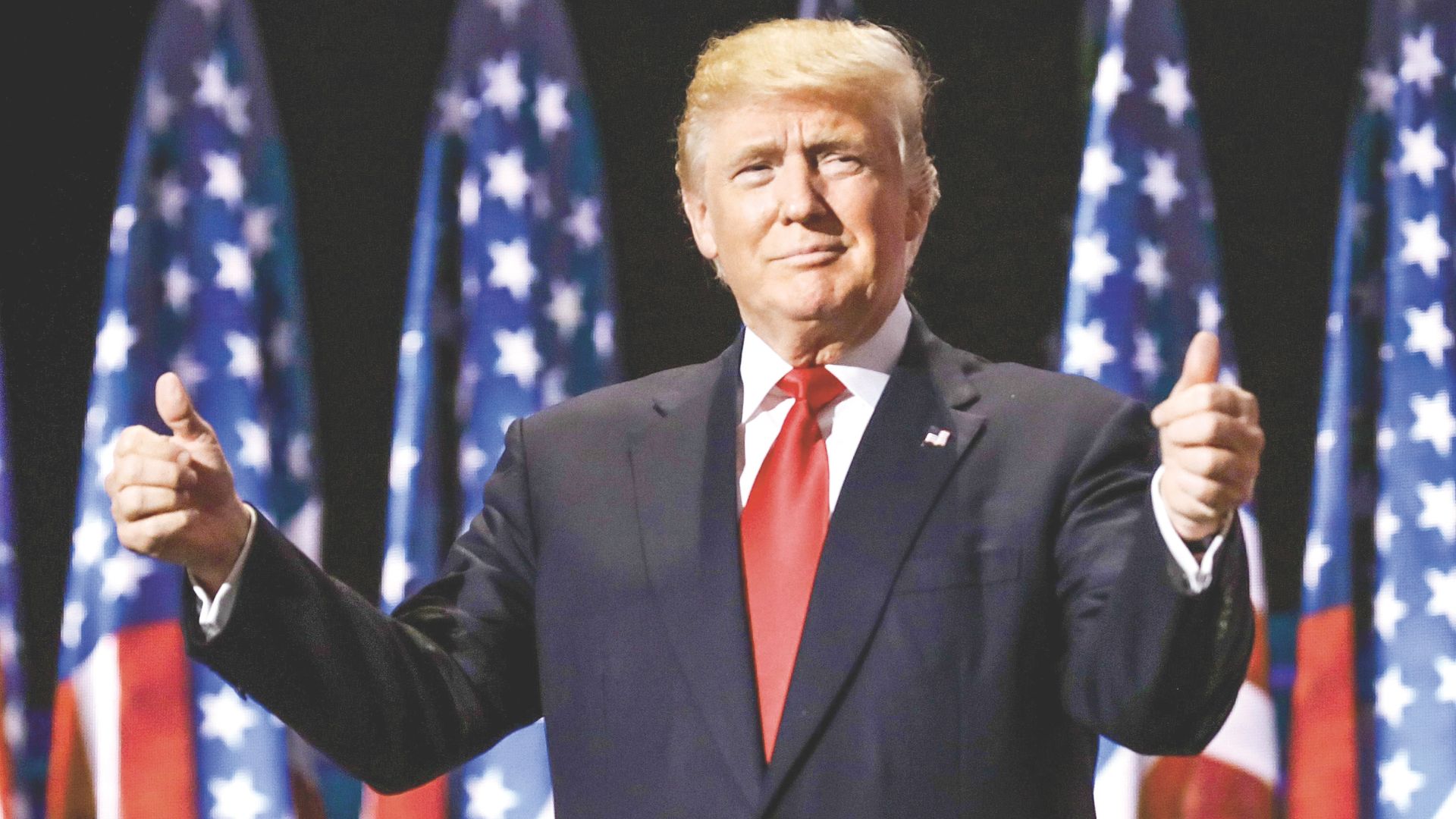With Donald Trump now back in the White House, India stands at a pivotal juncture, facing both opportunities and challenges that will unfold during the earliest days of his administration. Trump’s previous tenure left a lasting mark on U.S.-India relations, shaped by a highly transactional approach and a penchant for renegotiating trade dynamics. But this time, the proof of his intentions lies in the actions of his first 100 days—a crucial period that will set the tone for the next four years and define India’s role as an economic and strategic partner for the United States.
The X-Factor
Elon Musk’s induction into Trump’s team as co-head of the newly proposed Department of Government Efficiency (DOGE) is more than symbolic. Musk’s unparalleled influence in global business, spanning industries like electric vehicles, renewable energy, and satellite internet, positions him as a wild card in shaping U.S. policies, including those with significant implications for India. Musk’s ventures—Tesla and Starlink—are already making waves in India. Starlink has stirred debates over spectrum allocation, with domestic giants like Jio and Airtel raising concerns over fair market competition. Meanwhile, Tesla’s demands for tariff concessions on EV imports have yet to be resolved, with Musk cancelling a proposed visit to India and prioritising engagement with China instead. This duality of considering India as a high-potential market but on Musk’s terms could influence Trump’s trade and foreign policy decisions.
Given Musk’s proximity to Trump and his role in shaping global strategies, India must recognize that his business interests might intersect with national policy priorities, potentially placing India in a challenging position.
Setting the Stage with Key Appointments
One of the first signals of Trump’s intentions will be his selection of a U.S. ambassador to India. This choice will reflect whether his administration prioritizes strategic partnership or views India primarily through an economic lens.
A seasoned diplomat could pave the way for greater collaboration in defence, counter-terrorism, and digital infrastructure. Conversely, a business-focused envoy might intensify trade negotiations that prioritise U.S. commercial gains, potentially at India’s expense.
India must prepare for both scenarios by reinforcing its position as a long-term strategic partner, emphasising its unique role in countering China’s influence and fostering a stable Indo-Pacific.
Trade, Tariffs, and Tesla
Trump’s previous administration often used tariffs as a tool to renegotiate trade dynamics, with sectors like healthcare, textiles, and IT bearing the brunt. Musk’s inclusion in the administration could escalate this trend. For instance, Trump’s earlier focus on Harley-Davidson import tariffs could now shift to Tesla, particularly as India emerges as a growing EV market segment and robust Indian manufacturing capabilities. India must tread carefully, ensuring that any concessions to Musk’s ventures are met with reciprocal benefits.
Additionally, Musk’s global reach through Starlink could spark debates around digital sovereignty and market access, with India needing to strike a balance between encouraging innovation and safeguarding domestic players.
Navigating Concessions and Strategic Alignment
To maintain a positive trajectory, India may need to make selective concessions on tariffs and regulatory policies while ensuring reciprocity. India should emphasize its commitment to the Indo-Pacific strategy, showcasing how a thriving India aligns with America’s long-term interests. For example, offering conditional support to Starlink or co-developing EV technologies with Tesla could strengthen ties while preserving national priorities.
Early discussions around critical areas like defense technology transfers, cybersecurity, and emerging tech fields could frame India as an indispensable ally rather than a transactional partner.
Statements on defence collaborations, digital economy regulations, and trade agreements will reveal whether Trump views India as a valued partner or merely another transaction. Musk’s influence on these policies, particularly in sectors like EVs and satellite communications, could tip the scales.
India should also monitor U.S. actions on sanctions, tech sharing, and joint projects. Any early moves to fast-track collaborations would indicate a willingness to embrace a strategic alliance, while restrictions or tariff escalations might signal a return to unilateralism.
A Test of Endurance for Bilateral Ties
Trump’s second term, with Musk as an influential figure, brings both promise and uncertainty. India must prepare for rapid changes in trade policy and leverage direct diplomacy to align Trump’s “Make America Great Again” agenda with India’s economic potential. The goal should be a resilient partnership that withstands political disruptions.
Unified Advocacy: The Role of USIBC and USISPF
In this evolving scenario, the roles of bilateral trade bodies like USIBC (US India Business Council) and USISPF (US India Strategic Policy Forum) become critical. Historically, these organisations have competed for relevance, often diluting the collective strength of the U.S.-India business community. With Trump’s transactional approach and Musk’s disruptive influence, this is the time for these to work collaboratively, presenting a unified voice to both governments.
Instead of competing for attention, trade bodies should coordinate efforts to:
l Advocate jointly for policies that promote mutual economic growth.
l Push for balanced trade agreements that align with the interests of both nations.
l Facilitate dialogue on emerging sectors like EVs, renewable energy, and digital infrastructure.
l Act as a bridge to resolve disputes like Tesla’s tariff demands or Starlink’s spectrum allocation, ensuring that India’s regulatory framework supports innovation.
l And ensure that Indian companies operating in the US get a level playing field.
By speaking with one voice, these organizations can position the business community as a key enabler of bilateral ties, fostering a long-term, stable partnership.
The bottom line is that the return of Donald Trump, coupled with Elon Musk’s unprecedented role in his administration, introduces a new dimension to India-U.S. relations. While challenges are inevitable, they come with opportunities for India to reshape its partnership with the U.S. The first 100 days will indeed be a test—not just of Trump’s intentions but of India’s ability to assert itself as a vital ally.
Through an agile, forward-looking approach and coordinated advocacy from the industry on both sides, including bilateral trade bodies, India can navigate these complexities and lay the groundwork for a stronger, more resilient partnership with the United States.
Rakesh K. Chitkara has led public policy practices for large US corporations operating in India, focusing on infrastructure, healthcare, chemicals, and agriculture.







